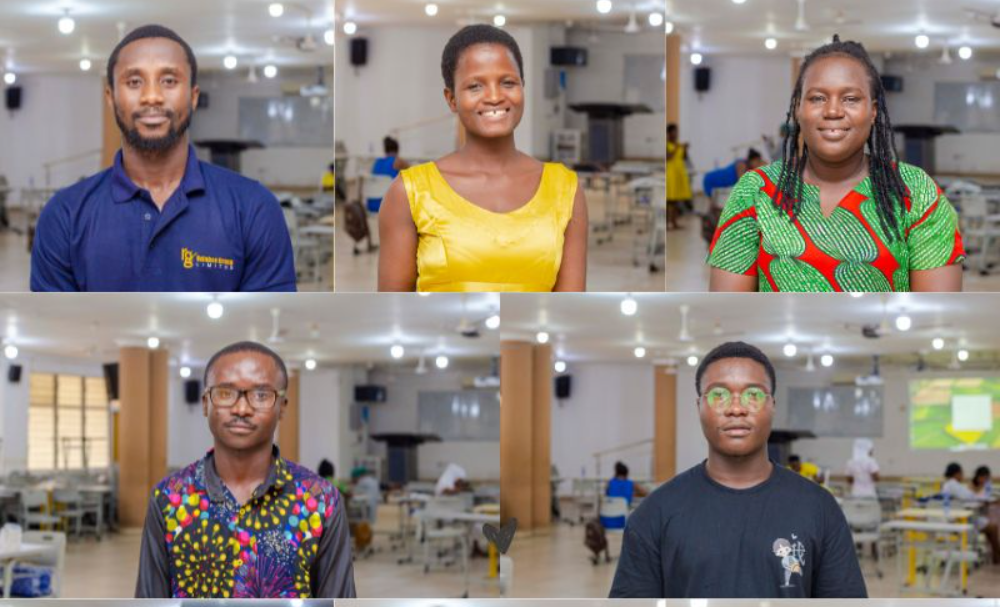The Medicine Counter Assistant (MCA) Programme, an initiative by the Africa Health Collaborative-KNUST in partnership with the Mastercard Foundation, is actively reshaping the futures of underserved individuals across Ghana, particularly those with disabilities.
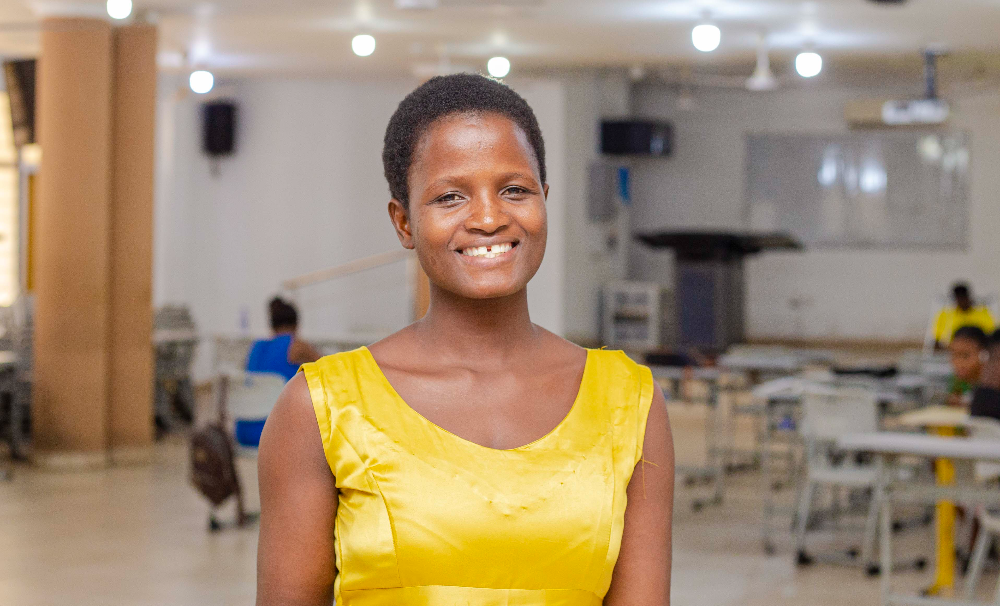
Ruth Nipuan, a young woman from Tatale in northern Ghana, once saw her path limited to farm work. Her dream of studying pharmacy seemed out of reach due to financial constraints after senior high school. However, a scholarship to the MCA Programme transformed her prospects.
“When I applied, there was an opportunity given to me to come and study pharmacy,” she shared, her eyes reflecting newfound hope.
Now, armed with practical skills, she recalls a tragic family memory: her grandmother overdosing due to a lack of proper instructions. “These skills I have acquired will help stop such errors in my community,” Ruth states.
The comprehensive course has also equipped Ruth with knowledge of Sign Language, a skill that has unlocked new social possibilities.
“I have a lot of deaf friends, and this opportunity has made me so great. I will return to my community confident to communicate with them.
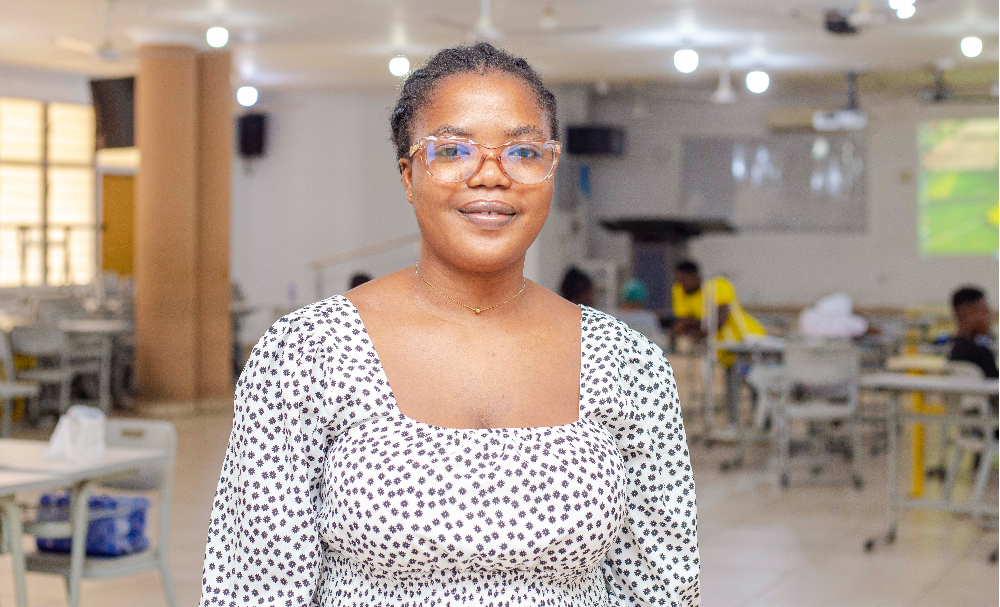
Like Ruth, Portia Honam Mawuleagbe, a working professional, viewed the program as a vital step towards meaningful healthcare service.
“I wanted to acquire practical skills in supporting pharmacy operations,” she explained.
Beyond academics, Portia noted significant personal growth. “I was shy. I didn’t have confidence to talk to patients. But now I have gained that confidence.”
Her gratitude extended to the program’s robust support system: “I wasn’t expecting this free accommodation, free food, water so the only thing we had to do was learn. I really appreciate that.”
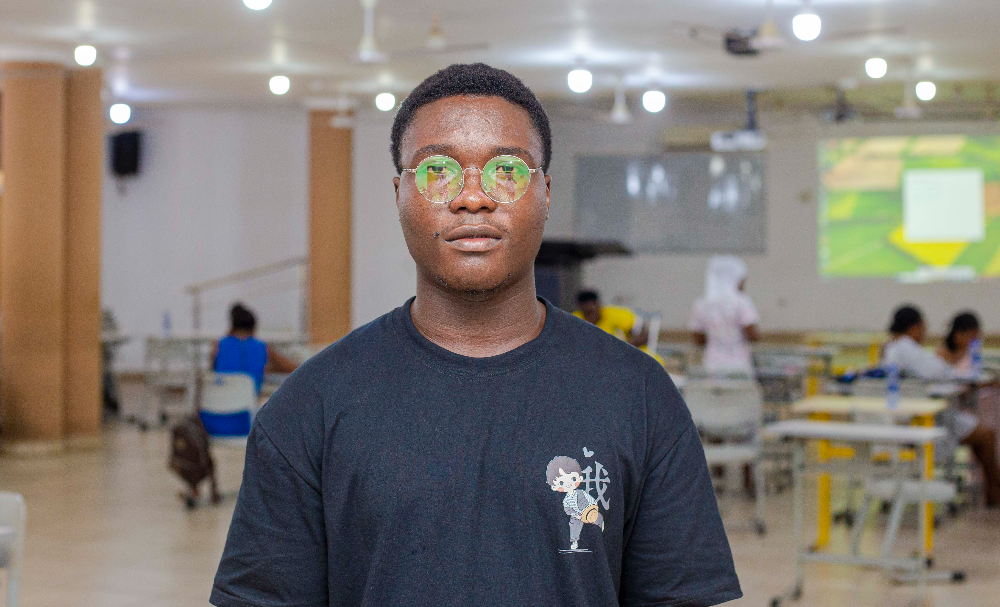
Ishmael Addo, another aspiring pharmacist, found the MCA course to be a crucial second chance after earlier challenges prevented him from pursuing his goals.
“The MCF course is a stepping stone,” he affirmed. What particularly impressed him was the program’s inclusivity for persons with disabilities. “Some of our colleagues are deaf or visually impaired, but the tutors provide technologies like hearing aids and magnifiers, and they teach at a pace that includes everyone.”
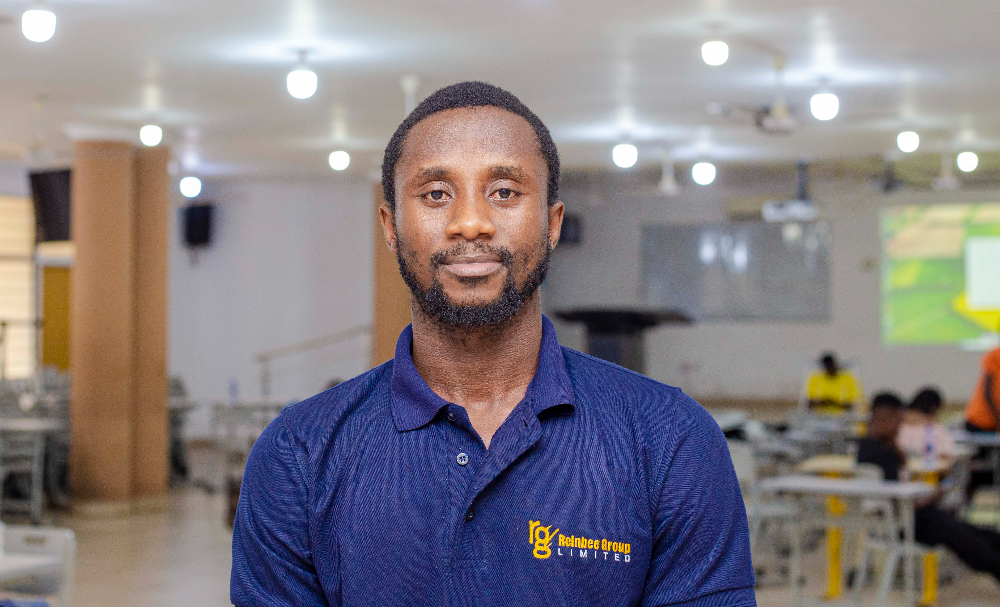
Geoffrey Owusu, from the Eastern Region, echoed these sentiments. With prior experience in a pharmaceutical company, he joined to deepen his knowledge.
“Whether you are a stable person or have a disability, the lecturers make it slow for you to understand. It’s not difficult.” He praised the instructors for ensuring everyone, regardless of impairment, could meaningfully engage with the material through aids like sign language or visual supports.
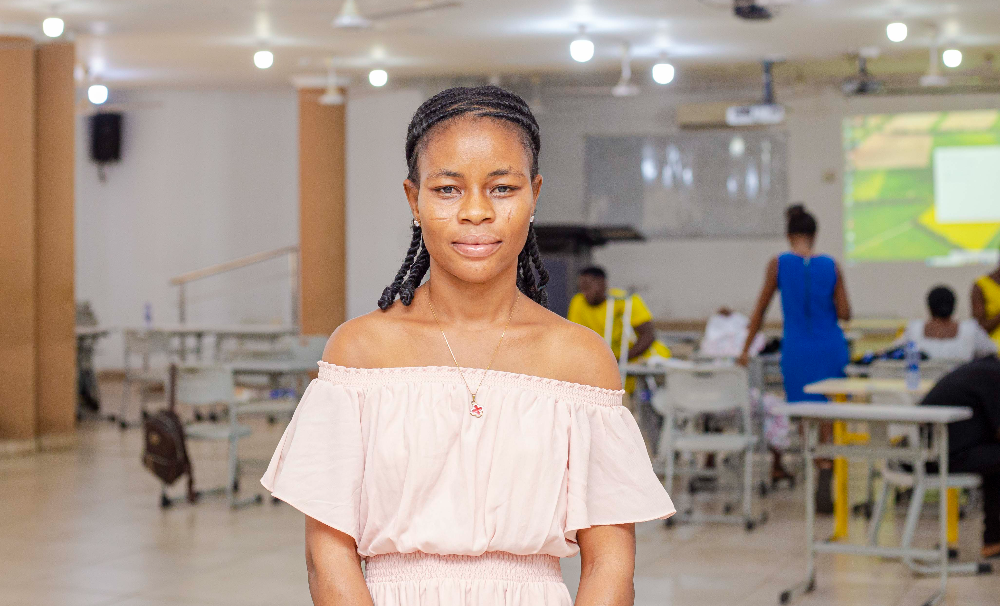
Abena Charity, who worked as a cleaner at a health insurance office, nearly abandoned her dream of further education after senior high school.
“I was having difficulties, but when this scholarship came, I was happy.” A highlight for her has been mastering communication with deaf patients. “If you don’t have the experience, it’s difficult to communicate. But now I’ve learned to sign and talk with them.”
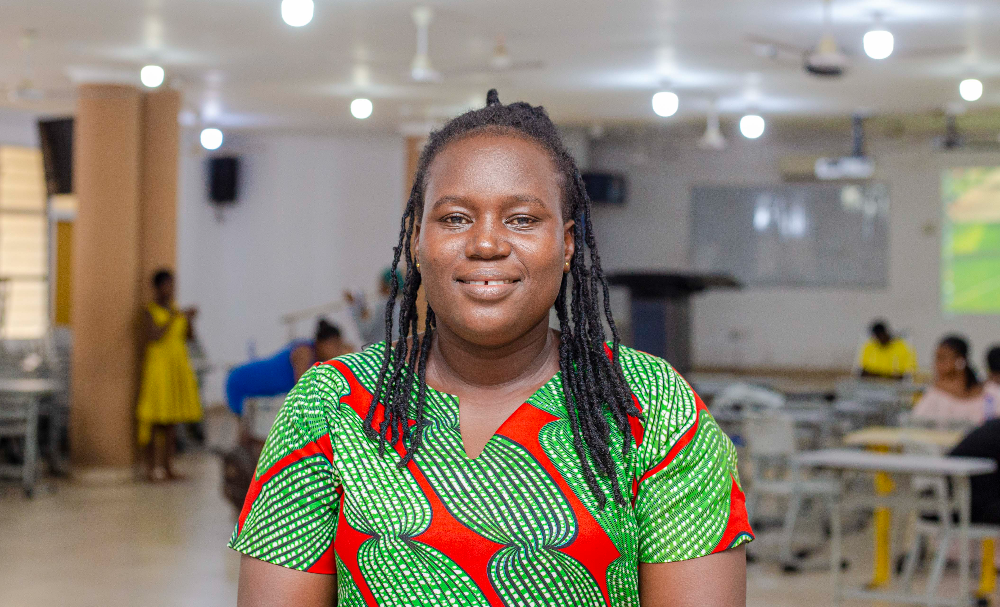
Christiana Manaan Duut, who supports a health facility in Tamale, travelled to Kumasi specifically to gain skills that would enable her to better serve her community.
“This program has helped me transform academically and personally,” she stated.
A single mother from a low-income background, she has found unexpected empowerment. “Now I know how to attend to patients and communicate with those who cannot hear.”
The course will include a 3-month mandatory internship training in a designated health facility.
It is under the Health Ecosystem pillar of the Collaborative led by Dr. Joseph Owusu.








